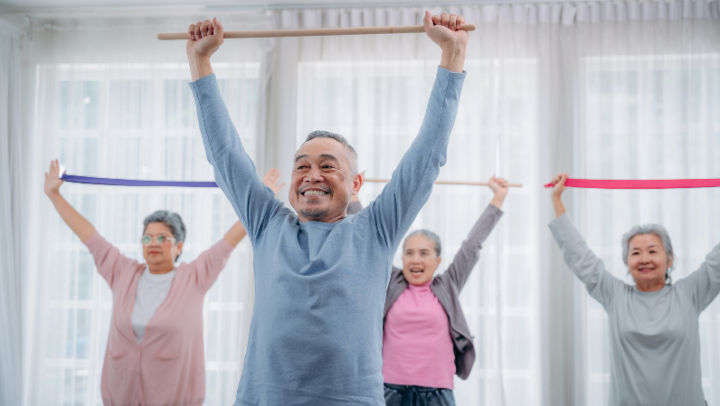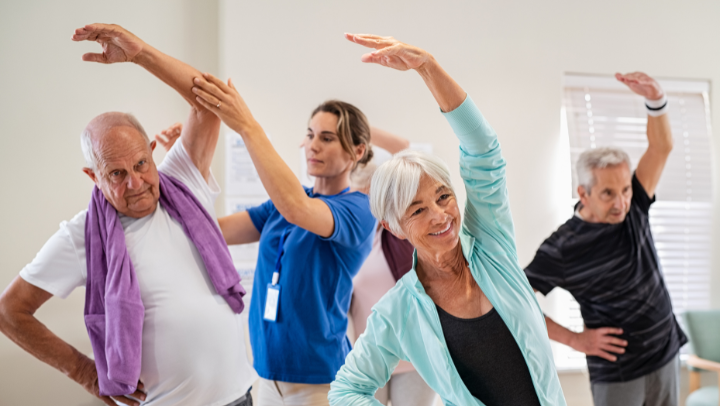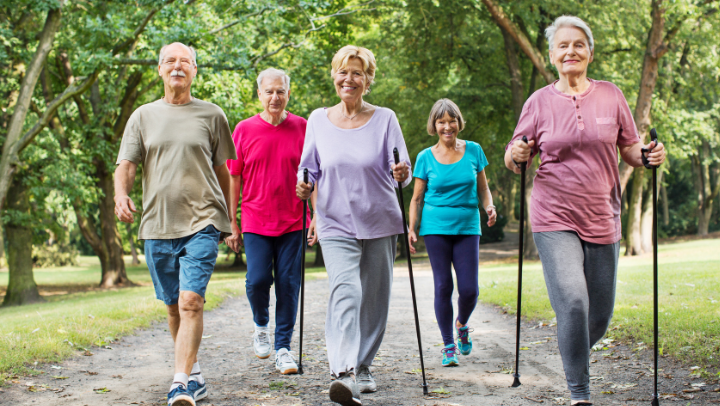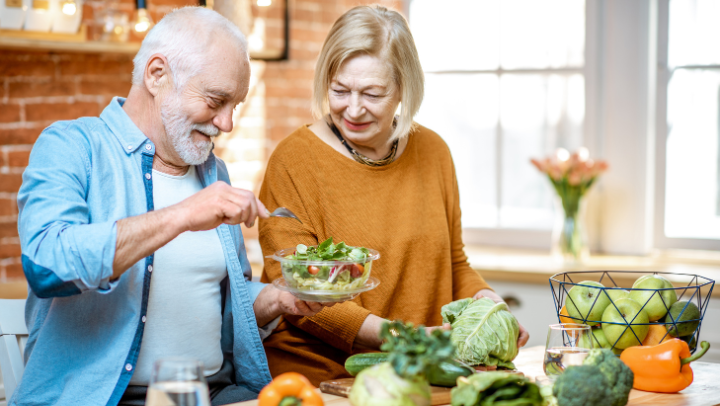
Creating Lasting Connections in Tacoma, WI: How Holiday Traditions Nurture Relationships

The holiday season is a time of joy, celebration, and cherished traditions. As we gather with family and friends, the rituals and customs we observe play a vital role in strengthening our bonds. In this article, we’ll explore the importance of holiday traditions and how they can nurture lasting relationships, focusing on how personalized senior care in Tacoma, WA, can enhance these meaningful experiences.
The Importance of Holiday Traditions
Holiday traditions are the fabric of our lives, connecting us through shared memories. These traditions provide a sense of continuity, comfort, and belonging, allowing us to communicate with our past, present, and future. They offer a chance to escape from the daily grind, unwind, and savor the precious moments that make life worthwhile.
How Holiday Traditions Can Nurture Relationships
Holiday traditions can unite people, fostering deeper connections and strengthening our bonds. Participating in these rituals creates shared experiences that transcend time and space, allowing us to build a sense of community and belonging. From decorating the Christmas tree to lighting the menorah or simply sharing a festive meal, these traditions offer a shared space for people to connect, exchange stories, and create enduring memories.
Examples of Holiday Traditions That Foster Connection
- Baking holiday cookies or other treats together as a family
- Hosting an annual holiday party or potluck with friends and loved ones
- Volunteering at a local charity or organization during the holiday season
- Exchanging heartfelt gifts and handwritten cards
- Participating in community events, such as caroling or tree-lighting ceremonies
- Sharing cherished family recipes and passing them down through generations
Tips for Creating Meaningful Holiday Traditions
Crafting meaningful holiday traditions requires intentionality and creativity. Here are some tips to help you get started:
- Reflect on Your Values: Consider the values and experiences that are most important to you and your family. Use these as a guide to shape your holiday traditions.
- Involve Everyone: Encourage all family members, including seniors, to contribute ideas and participate in the traditions. This fosters a sense of ownership and belonging.
- Start Small: Begin with simple traditions and gradually build upon them over the years. This allows your customs to evolve and become more meaningful over time.
- Embrace Flexibility: Be open to adapting your traditions as your family grows and changes. This approach will maintain the relevance and engagement of all participants.
- Incorporate Personalization: Add unique touches, such as personalized ornaments or handwritten notes, to make your traditions feel more meaningful and memorable.
The Impact of Holiday Traditions on Seniors’ Well-Being
For seniors, the holiday season can be a particularly poignant time, as they may experience feelings of loneliness, isolation, or a sense of loss due to changes in their lives. However, engaging in holiday traditions can profoundly impact their well-being. Participating in familiar rituals can provide a sense of comfort, stability, and connection, helping to alleviate feelings of loneliness and depression. Moreover, sharing stories, memories, and experiences with younger generations can foster a sense of purpose and belonging, which is essential for maintaining overall health and happiness.
Incorporating Personalized Senior Care into Holiday Traditions
Personalized senior care in Tacoma, WA, can make the holidays memorable for seniors. Caregivers can work closely with seniors and their families to preserve cherished traditions. This might mean helping with holiday decorations, baking treats, or hosting gatherings. By providing companionship and support, caregivers can ensure seniors feel included and valued during this festive time.
How Personalized Senior Care Can Enhance Holiday Traditions
Personalized senior care in Tacoma, WA, can enhance holiday traditions in several ways:
- Tailored Assistance: Caregivers can provide the necessary support to help seniors participate in traditions, such as setting up decorations, wrapping gifts, or preparing holiday meals.
- Cognitive Stimulation: Engaging in familiar rituals can stimulate the mind and improve cognitive function, particularly for seniors with dementia or Alzheimer’s.
- Emotional Support: Caregivers can offer a listening ear, provide companionship, and help seniors navigate the emotional aspects of the holiday season.
- Socialization: Personalized senior care can facilitate opportunities for seniors to interact with family, friends, and the broader community, reducing feelings of isolation.
- Continuity: By maintaining and adapting traditions, personalized senior care can help preserve a sense of continuity and familiarity for seniors, even as their circumstances change.
Contact us today at Peoples Senior Living to learn more about how personalized senior care in Tacoma, WA, can help your loved one celebrate the holidays with joy and connection. Call us at (253) 474-1741; our team of dedicated caregivers is committed to enhancing seniors’ well-being and fostering meaningful relationships throughout the year.
Holiday Traditions: A Bond That Lasts
Holiday traditions are the lifeblood of our relationships, nourishing the connections we share with family, friends, and our broader community. By embracing these rituals and customs, we can create lasting memories, foster a sense of belonging, and enhance the overall well-being of our loved ones, especially seniors. With the support of personalized senior care in Tacoma, WA, seniors can continue to participate in and cherish these meaningful traditions, ensuring that the holiday season remains a time of joy, connection, and lasting significance.
